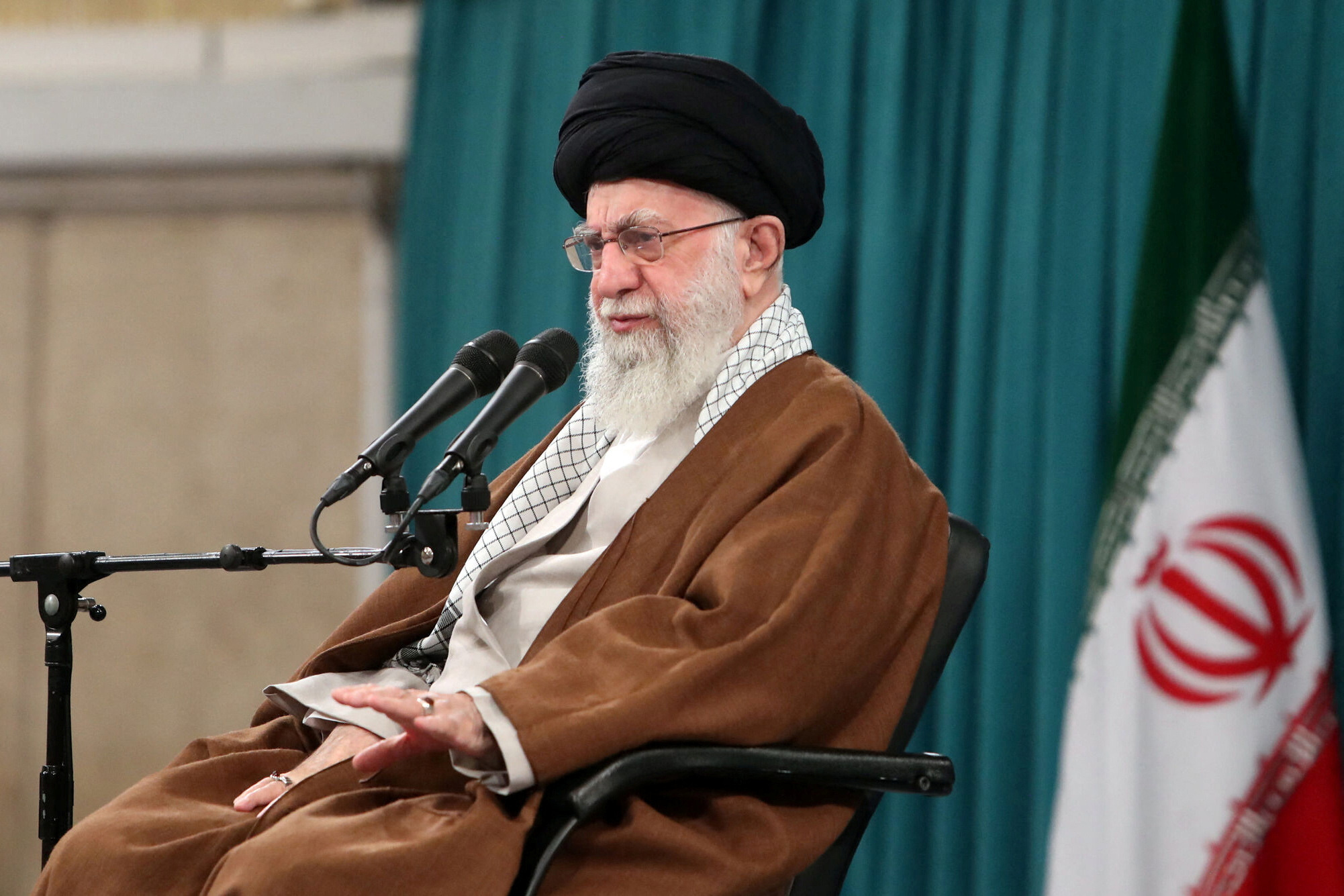Iran declares mourning after the tragic death of Hezbollah leader Hassan Nasrallah, marking a pivotal moment in the region’s ongoing tensions.
The nation was gripped by the news of Nasrallah’s confirmed death following an Israeli airstrike, an event that prompted Iran’s supreme leader, Ayatollah Ali Khamenei, to declare a five-day period of public mourning.
Iran declares mourning not only to honor the fallen Hezbollah leader but also to reflect the deep political and spiritual significance of this loss.
Iran Declares Mourning Amid Regional Tensions
The announcement that Iran declares mourning was made on Saturday by Ayatollah Khamenei, with a clear message to the nation and the world. This move underscores the deep bond between Iran and Hezbollah, an organization Iran has long supported.
Read : Iran Refused to Attack Israel Despite Hezbollah’s Request
As Khamenei offered condolences for the “martyrdom” of Nasrallah, he reaffirmed Iran’s unwavering commitment to its allies in the region. Nasrallah was not just a military leader but also a spiritual figure whose influence extended across many spheres of Iranian and Lebanese society.
The fact that Iran declares mourning for five days reflects the magnitude of Nasrallah’s loss. As a pivotal figure in the Hezbollah organization, Nasrallah’s leadership symbolized the struggle against Israel, making his death not only a blow to Hezbollah but also to Iran’s geopolitical standing in the region.
Ayatollah Khamenei’s statement emphasized that the blood of Nasrallah and his companions would not go unavenged, adding further tension to an already volatile situation.
Hassan Nasrallah will no longer be able to terrorize the world. pic.twitter.com/gBWxK9FW2F
— Israeli Air Force (@IAFsite) September 28, 2024
Khamenei’s Response and the Significance of the Mourning Period
Ayatollah Khamenei’s response to Nasrallah’s death was swift and firm. His declaration that Iran declares mourning for five days signals more than just sorrow; it is a clear message of defiance and resistance.
The Supreme Leader’s statement, carried by the official IRNA news agency, not only honored Nasrallah’s legacy but also hinted at future retaliations. “The blood of the martyr shall not go unavenged,” Khamenei warned, hinting at the potential for escalated conflict between Iran, Hezbollah, and Israel in the near future.
Nasrallah’s death also poses significant questions about the future of Hezbollah. As the group’s leader for decades, Nasrallah played a central role in shaping its military and political strategies. Now that Iran declares mourning, the question of succession looms large.
How will Hezbollah manage the transition of leadership in such a critical period? And more importantly, how will this affect Iran’s influence over Hezbollah? These are questions that will likely shape the geopolitical landscape in the coming months.
The period in which Iran declares mourning also serves a domestic purpose, uniting the Iranian population under a shared sense of grief and resistance. In times of national crisis or significant loss, mourning can be a powerful tool to rally public sentiment.
By declaring a national period of mourning for Nasrallah, the Iranian leadership is solidifying its image as the defender of regional resistance movements, presenting Nasrallah’s death as a sacrifice for a broader cause.
The Hezbollah terrorist leader Hassan Nasrallah will not make it to the end of the week. Mark my words.
— Dr. Maalouf (@realMaalouf) September 23, 2024
pic.twitter.com/AIOBAnxoat
Future Implications for Iran-Israel Relations
The fact that Iran declares mourning for Nasrallah sends a clear signal to Israel and other regional actors. Nasrallah’s death has the potential to dramatically reshape the dynamics of Iran-Israel relations.
Israel’s targeted airstrike, which led to the death of Nasrallah, will not go unanswered if Khamenei’s rhetoric is to be believed. Tensions between Iran and Israel are already at an all-time high, and the death of such a prominent figure could escalate matters further.
As Iran declares mourning, the focus shifts to how Iran will respond militarily or diplomatically. Nasrallah’s death may embolden hardliners within Iran, who have long advocated for a more aggressive stance toward Israel.
This mourning period could be the precursor to retaliatory actions either by Hezbollah or Iran, raising concerns about potential regional conflicts.

Moreover, the international community will closely monitor how Iran declares mourning and what signals this sends to global powers, particularly the United States.
The U.S., which has stood firmly with Israel, may find itself navigating an increasingly volatile situation as it continues to mediate between conflicting interests in the Middle East.
As the mourning period progresses, the world waits to see what consequences will unfold. With Iran declaring mourning, Hezbollah is likely to face both internal and external pressures, and the situation could significantly shift the balance of power in the region.
Iran declares mourning after the death of Hezbollah leader Hassan Nasrallah, a move that carries far-reaching implications for both domestic and international politics.
This period of mourning signifies Iran’s deep connection with Hezbollah, reinforcing their shared resistance against Israel while sending a strong message to the region. The death of such an influential figure marks a turning point, and how Iran and Hezbollah respond will have lasting consequences on the political landscape.

